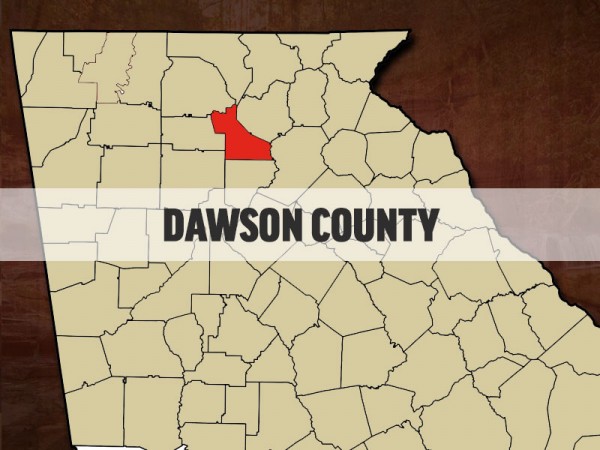The Northern District of Georgia sentenced on Thursday a Duluth doctor for paying a hitman he found on the dark web to murder his girlfriend.
According to the Office of U.S. Attorney Ryan K. Buchanan James Wan, 54 used cryptocurrency to pay for the murder-for-hire plot.
“This defendant believed he could mask his homicidal intentions by using electronic means,” Buchanan said. “By using the dark web to conceal his search for someone to kill his girlfriend, Wan expected to evade detection, even going as far as using cryptocurrency to pay for the crime. While criminals regularly search for new ways to harm their victims, our law enforcement partners constantly adapt their methods to identify them and bring them to justice.”
Buchanan said court documents showed Wan accessed a dark web marketplace from his cell phone on April 18, 2022, while in the Northern District of Georgia. Wan submitted an order to have a hitman murder his girlfriend with information including the victim's name, address, Facebook account, license plate and car description.
In the order, Wan stated “Can take wallet phone and car. Shoot and go. Or take car.”
Wan then sent a 50% down payment of nearly $8,000 worth of Bitcoin to the marketplace Buchanan said.
Wan messaged the marketplace administrator two days later stating the transferred money had yet to show up in his escrow account on the site.
The next day the administrator asked Wan for the Bitcoin address he sent the payment. Wan identified the Bitcoin wallet address and sent a screenshot of the transaction.
The administrator informed Wan the Bitcoin address was not in their system. Wan replied “I guess I lost $8k. I’m sending $8k to escrow now.”
Wan then transferred an additional Bitcoin payment worth nearly $8,000 to the marketplace.
The administrator confirmed the new address was correct and the bitcoin arrived in the escrow account. The administrator said they were proceeding with the hit and asked Wan if he wanted it done as an “accident or Normal shooting.
Wan responded, “accident is better.”
Wan electronically transferred on April 29, 2022, another Bitcoin payment of nearly $8,000 to the marketplace to ensure his escrow account contained the total required to complete the order.
Wan posted on the forum shortly after, “How soon should work be done? I have submitted an order and curious how quickly it should be carried out? Is there a way I can find out any progress? If there is anyone in my location?”
After the value of Bitcoin dropped, on May 10, 2022, Wan transferred another payment of nearly $1,200 worth of Bitcoin to ensure his escrow account the required order to complete the order.
The Federal Bureau of Investigation learned of the threat to the victim.
FBI special agents informed her of the crimes, provided her protection and questioned Wan.
Wan admitted that he placed an order for the murder, made the payments and checked the status of the order daily.
Records from Wan’s phone and his Bitcoin wallet confirmed his confession. After speaking with special agents, Wan canceled the order.
Wan was sentenced to seven years and three months in prison, followed by two years of supervised release.
Wan was convicted of the crimes on Oct. 17, 2023.
“Despite his cowardly concealment on the dark web, Wan’s cold-hearted murderous plot was averted due to the exceptional work of our team. He will now face the full consequences of the criminal justice system,” said Keri Farley, Special Agent in Charge of FBI Atlanta. “This sentencing shows that the FBI will not tolerate heinous acts of violence and will go to great lengths to protect our citizens.”
Assistant U.S. Attorney Bret R. Hobson prosecuted the case.


















